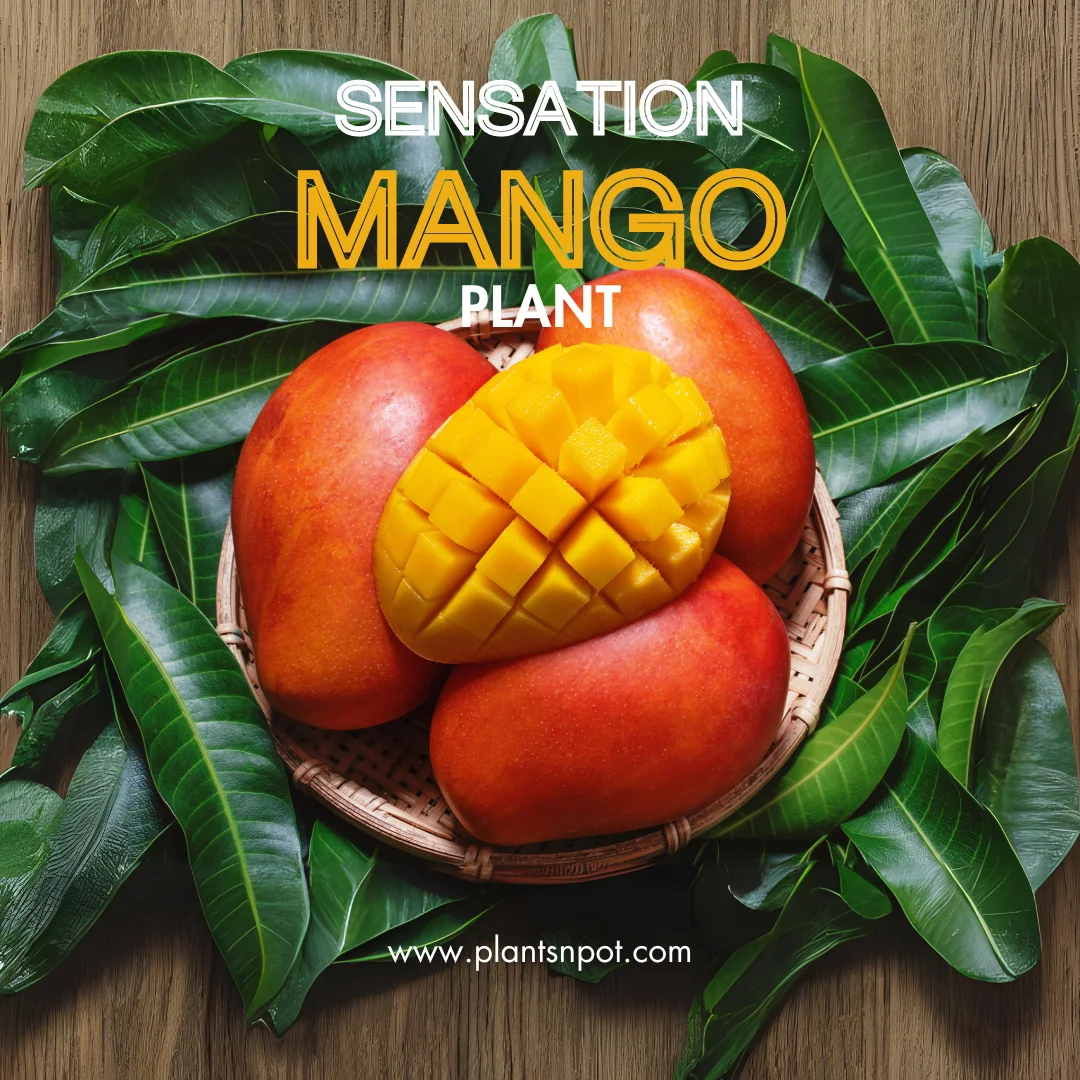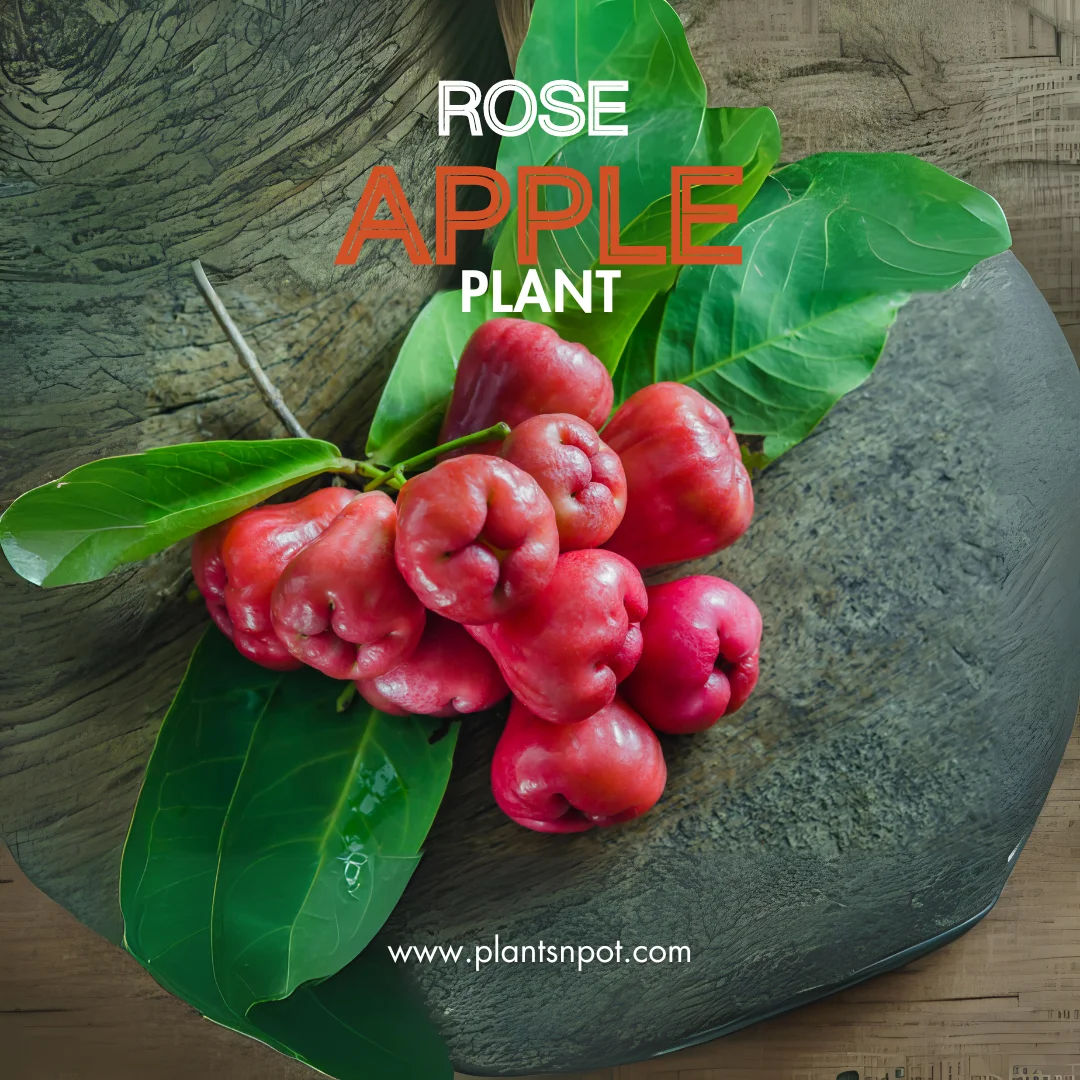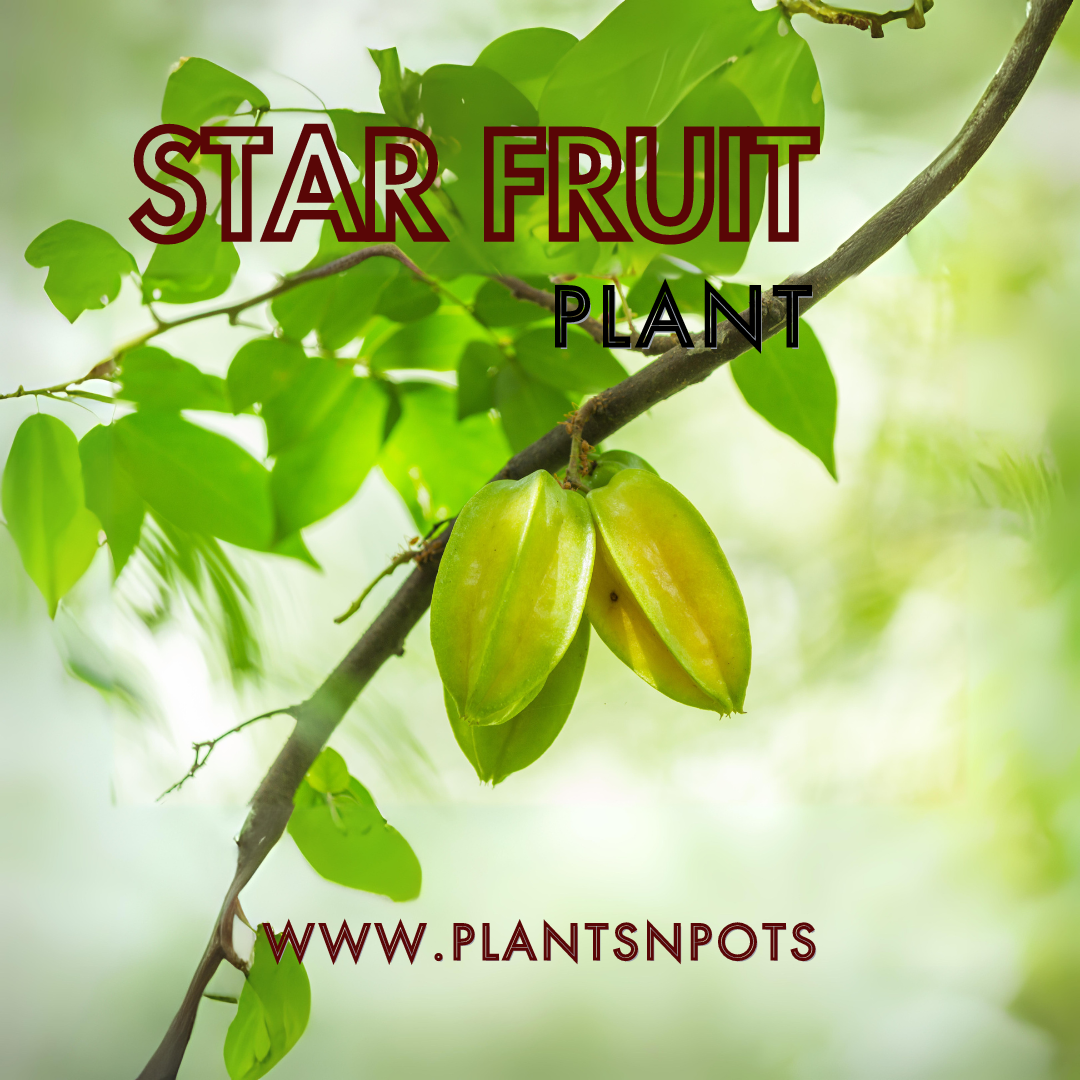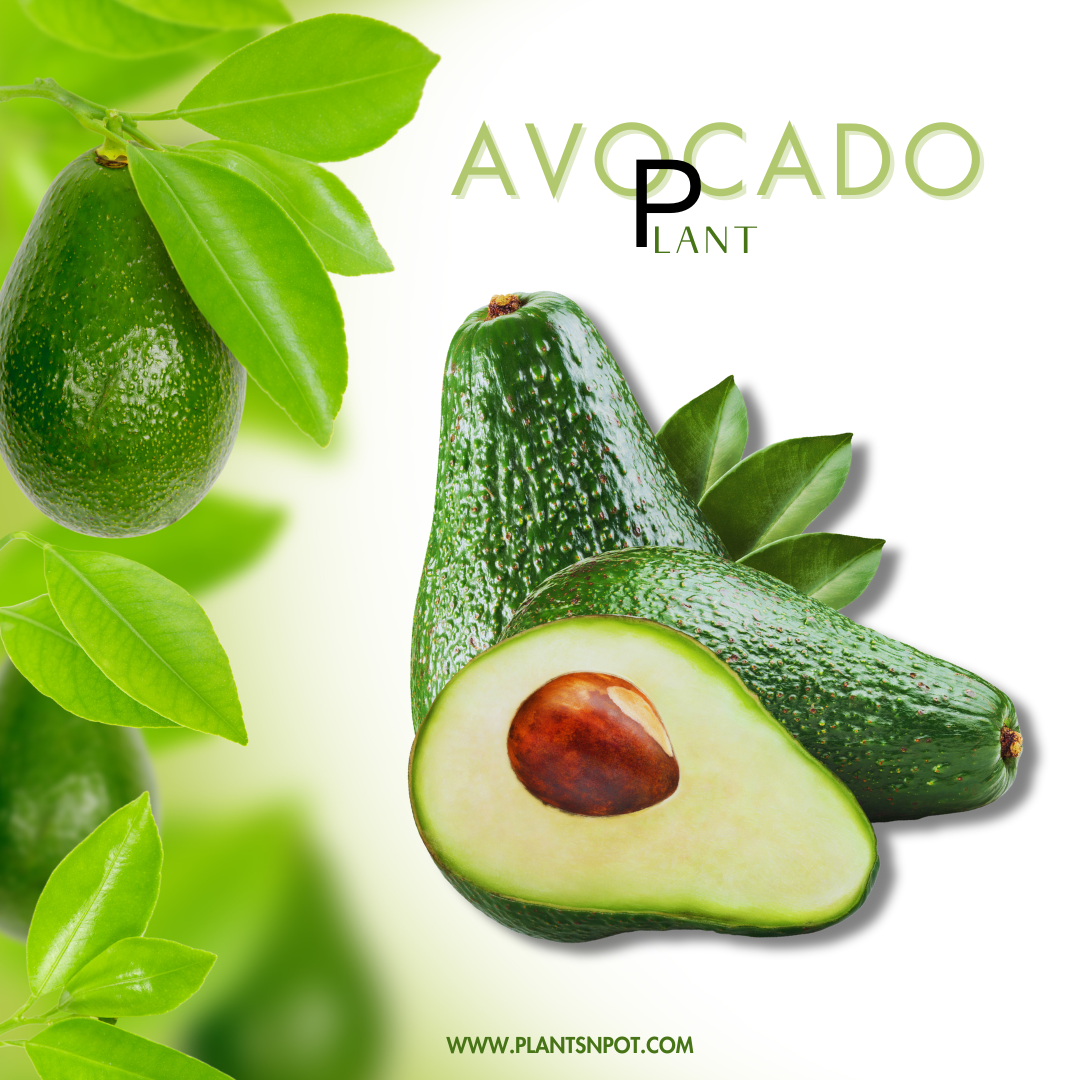All Price(s) mentioned are exclusive of delivery charges, Delivery charges will be confirmed upon order confirmation.
Shop
Pomegranate | Anaar Plant
Original price was: ₨ 2,000.00.₨ 1,800.00Current price is: ₨ 1,800.00.
Pomegranate (Anaar) is a fruit-bearing shrub or small tree that is native to the region extending from Iran to northern India. It’s widely cultivated in various parts of Pakistan, particularly in Punjab, Sindh, and Khyber Pakhtunkhwa provinces. Pomegranate is valued not only for its delicious taste but also for its numerous health benefits.
Here are some benefits of pomegranate and its cultivation in Pakistan:
- Nutritional Value: Pomegranate is rich in antioxidants, vitamins (such as vitamin C, vitamin K, and some B vitamins), and minerals (including potassium). Its seeds, arils, and juice are all consumed and offer different nutritional benefits.
- Medicinal Properties: Pomegranate has been used in traditional medicine for centuries. Its various parts, including the fruit, seeds, and even peel, are believed to have medicinal properties. Pomegranate is said to have anti-inflammatory, antibacterial, and anti-cancer properties. Its juice is often consumed for its potential cardiovascular benefits, including reducing blood pressure and improving cholesterol levels.
- Cultivation in Pakistan: Pakistan has favorable climatic conditions for pomegranate cultivation, particularly in regions with hot and dry climates. Punjab, Sindh, and Khyber Pakhtunkhwa provinces provide suitable conditions for its growth. Pomegranate trees are generally grown in orchards, and they require well-drained soil and adequate sunlight for optimal growth.
- Economic Importance: Pomegranate cultivation holds significant economic importance in Pakistan. It provides livelihood opportunities for farmers and contributes to the country’s export market. Pakistani pomegranates are exported to various countries, including the Middle East, Europe, and North America.
- Diverse Varieties: Pakistan cultivates several varieties of pomegranates, each with its unique characteristics in terms of taste, color, and size. Some popular varieties grown in Pakistan include Kandhari, Ruby, Anar Gulabi, and Malas Anar.
- Health Benefits: Regular consumption of pomegranate and its products is associated with various health benefits, including improved heart health, enhanced digestion, better immune function, and potential anti-cancer effects.
In summary, pomegranate cultivation in Pakistan not only contributes to the agricultural economy but also provides numerous health benefits to consumers. Its cultivation and consumption are deeply ingrained in the country’s culture and dietary habits.





